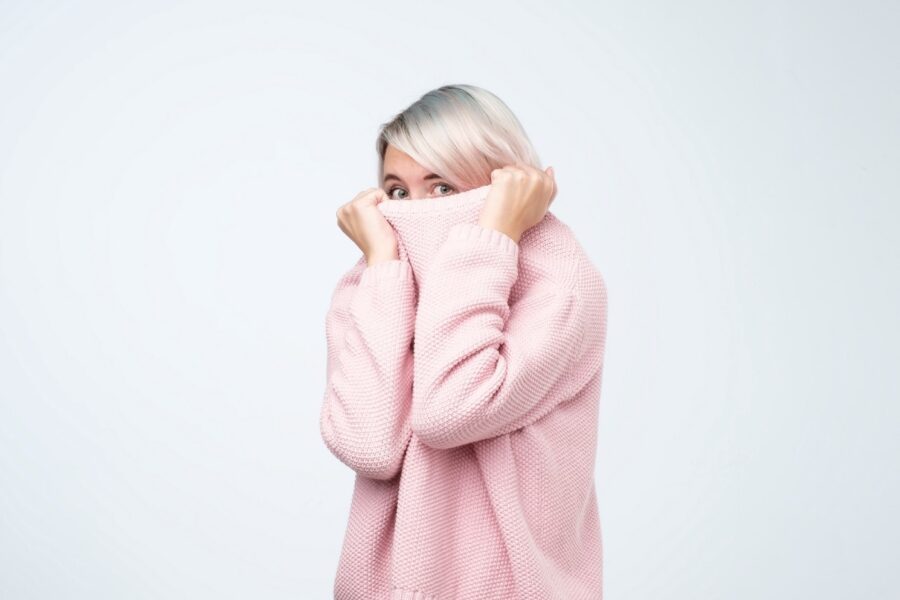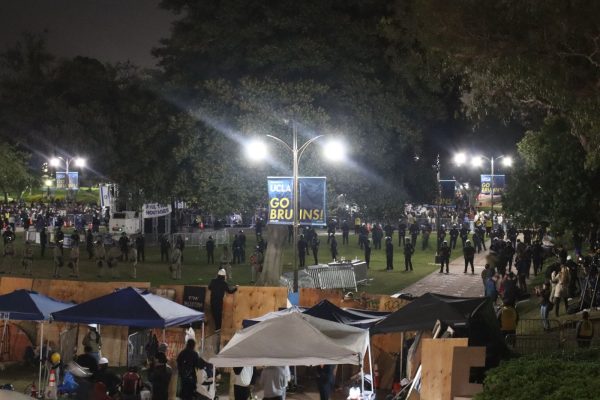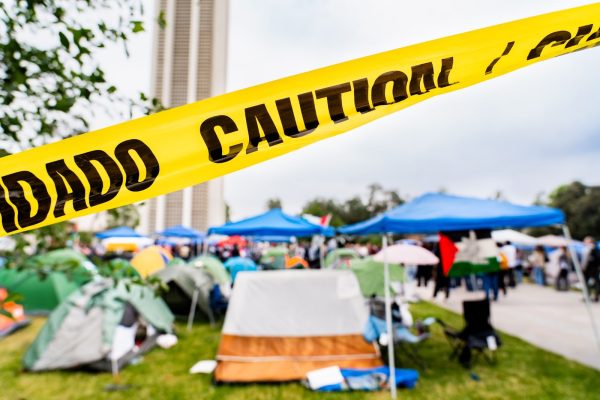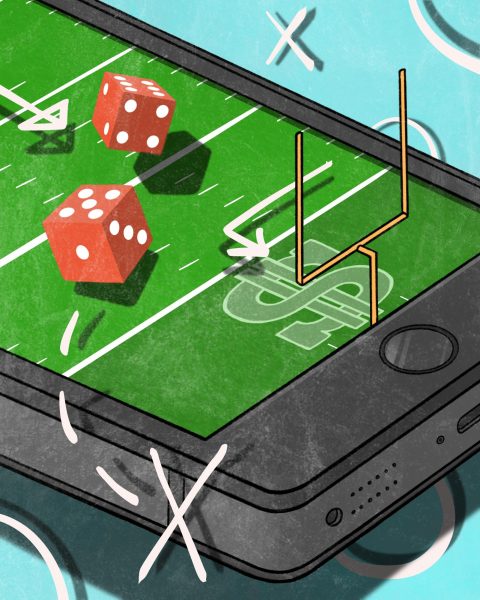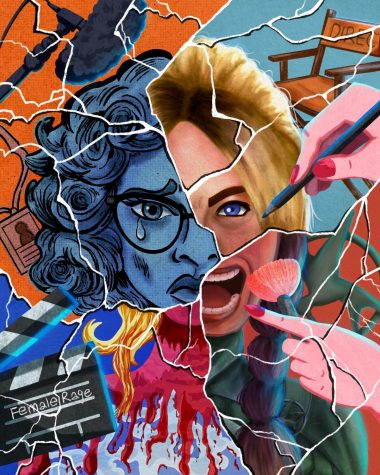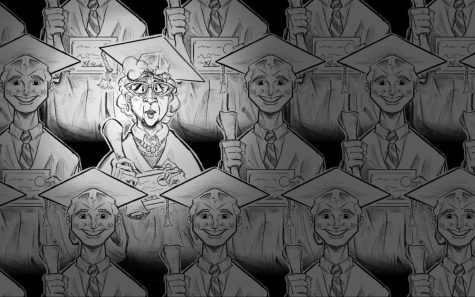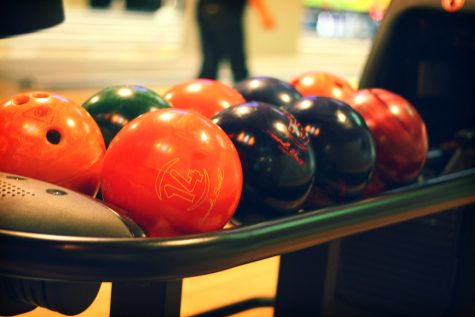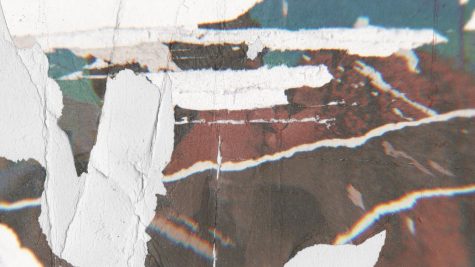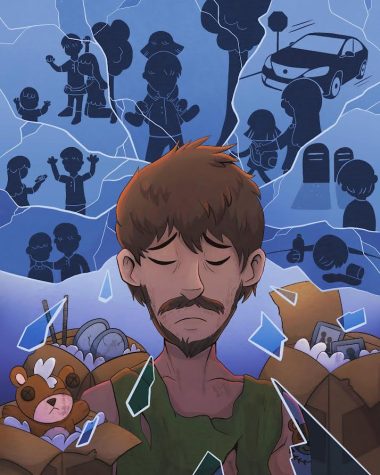Social Distancing Induced Social Anxiety
After over a year of avoiding social situations, going back to normal has left some of us feeling anxious
As I’ve been able to connect with my friends in person more, I’ve noticed anxious behaviors arising that I haven’t experienced in years. A childlike shyness has come over me again in adulthood due to the lack of socialization over the past year. I find myself being nervous before I go and see friends I’ve known for years, and when I am with them, I don’t know how to interact.
I’m quiet. Anyone who knows me knows I am not a quiet person. But lately, it feels like I don’t know what to say or can’t say something quick enough. Instead of joining the typical banter of friends,I just observe and try to think of something to add while picking at my nails or messing with my hair.
Now I’m not someone who has always had social anxiety, but being away from people face to face has a major wrench in my ability to mingle.
According to Bridges To Recovery, “Even if someone has not exhibited symptoms of social anxiety in the past, living in isolation can tip the balance if they begin to feel lonely, uncertain of others’ behaviors and motivations, and unfamiliar with their own ability to interact.”
For those with chronic social anxiety, the pandemic may have really affected personal progress.
My friend Rachael Groetzinger, 21, has struggled with social anxiety for most of her life. Over the years she’s found ways to cope with her anxiety that usually involve her actually socializing more. Obviously due to the pandemic, she’s been unable to do this.
“Consistently getting out of my house and interacting with people helped me overcome a lot of anxiety I had,” she said. “But now, not having a lot of that same exposure to social situations, I find it difficult again to even hang out with my friends because of how much anxiety I feel.”
In an interview for Healthline, Leslie Adams, case therapist at Northwestern Medicine Central DuPage Hospital, said “Dealing with long periods of isolation can increase social anxiety.”
She explained that with the normalization of being six feet apart and covering half of our face, we’ve missed out on important social cues like eye contact, facial expressions and body language.
“[In person] we will notice all the subtle things that we don’t see or hear on video calls,” Adams said. “We will feel like we are struggling, like our senses are on overdrive, because they are.”
She said this is why we might be feeling more on edge in social situations.
Lauren Mann, 22, said she’s noticed this edge amongst almost all of her friends.
“There’s usually a lull in conversation,” she said. “Then it’s always immediately addressed with everyone apologizing for not knowing how to interact anymore.”
“But I think that’s just what happens when you don’t hang out with people for over a year.”
There’s no doubt that social distancing has accustomed us to being more antisocial than we think. As the light at the end of the tunnel becomes brighter, stores begin to open up fully and are masks thrown away, hopefully being around people will feel normal again too.

